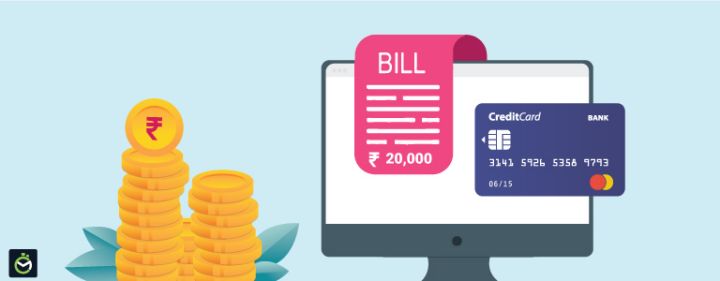
If you are dealing with six different accounts with different due dates and have not yet set up automatic payments, it can be easy to miss a credit card payment. Unfortunately, a missed credit card payment can have costly consequences.
The consequences of being late depend on the period of delinquency and the terms of the credit card. There could be late payments, penalty interest rates, and risks of damaging your credit rating.
What happens if I miss a credit card payment?
Missed payments can have a big impact on your financial life. The consequences of missing a credit card payment depend on your payment history and the length of time you haven’t made a payment. If you have a history of missed payments, the consequences will be more serious than a one-time occurrence.
First of all, there are late fees. Most publishers approximate the fee for the card, but it is usually between $20 and $40. It will be a one-time payment unless you miss an additional payment. If you do, the late payment fee will increase.
You will also lose your grace period. Most credit cards usually have a grace period of 21 days from the time you apply until your payment is due. By using this time, you can avoid the burden of interest. However, if you miss a payment or don’t pay the entire balance on your statement, the grace period will be lost and interest will begin to accrue on your newly purchased product.
Your credit rating will suffer.
Payment history makes up 35% of your FICO credit score, so it is the most important factor in determining your credit score. However, several factors affect the overall impact: the frequency of delinquencies, the severity of delinquencies, or their recent level.
If you missed a payment a few days ago and can make it on time (up to 29 days), nothing will show up on your credit report. However, you have a better chance of getting late payments from creditors. If you are at least 30 days overdue, the borrower will report the delinquency to the Credit Information Bureau, which will likely show up on your credit report for seven years from the date of the delinquency.
If you don’t want to suffer from delinquency for the next seven years, it’s important to do everything you can to make sure your credit card payment is made on time. Keep in mind: recent delinquencies have a greater impact on your credit score than old delinquencies, and skipping multiple payments in a short period of time can be more damaging than skipping a single payment.
Risk losing promotional offers.
If you miss a credit card payment, you could lose an interest rate of 0%. This could mean losing promotional rates on purchases or balance transfers, or both.
There will be a late fee.
The first thing that happens when you miss a credit card payment is that you will be charged a late fee. By law, your first debt can be as much as $30 or even less than the minimum amount you pay. A late fee may be charged on the first day after the minimum due date.
Credit card companies charge different late payment fees up to the legal limit, depending on the card you have and your credit card agreement. Check the contents of your agreement or find the “Terms and Conditions” section on the bank’s website.
If you are delinquent again in the next six billing cycles, the situation will be even worse. By law, a second late or missed payment cannot exceed the minimum amount due, but it can cost up to $41.
Scratch on file.
One of the most serious consequences of being delinquent is writing it on your credit report.
If delinquency results in a default or a county court judgment (CCJ), it can seriously affect your score. The mark may stay on your record for 6 years.
Your credit rating goes down.
If your payment is only a few days late, it doesn’t affect your credit report.
“Within 30 days, it’s normal,” said Chane Steiner, CEO of Credit Pool. “It says.
However, if you have more than 30 days to report to a credit rating agency, the damage can be big. “Your credit rating could drop by more than 100 points,” Steiner said. “It says.
It’s amazing that your original credit history was ruined because of one minus mark. Think of it as the first scratch on your new car. Negative messages are far more damaging than they seem to many people.
“A lot of people don’t know that payments over 30 days can have a negative impact,” Steiner said. “It says. “Not only does it hurt their credit rating, but it stays on their credit report for seven years.”
Not everyone suffers equally from one delinquency on their credit report.
Interest rates may increase.
In addition to late payment penalties, the current interest rate is applied to the balance. Under the credit card agreement, a single late payment can cancel the promotional APR, and the interest rate can increase to the maximum amount. In some cases, this may mean that interest is charged on the entire balance retroactively from the date of purchase.
This affects your ability to get credit in the future.
Your credit score is like a financial resume that shows how reliable you are in getting credit. Delinquency can serve as a warning signal that you are having trouble managing your finances.
Lower credit scores can make it harder to access credit such as cards, loans and mortgages.
And even if the information on your credit file doesn’t prevent you from applying for a credit card, it can still mean you’re missing out on the best interest rates.
The golden rule of credit cards is that all payments must be made on time with plastic.



GIPHY App Key not set. Please check settings